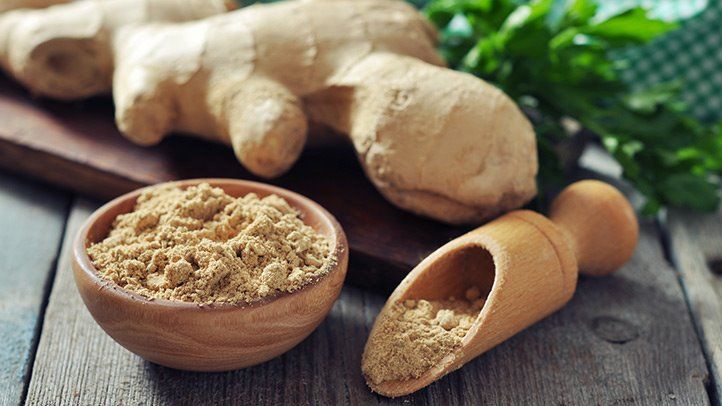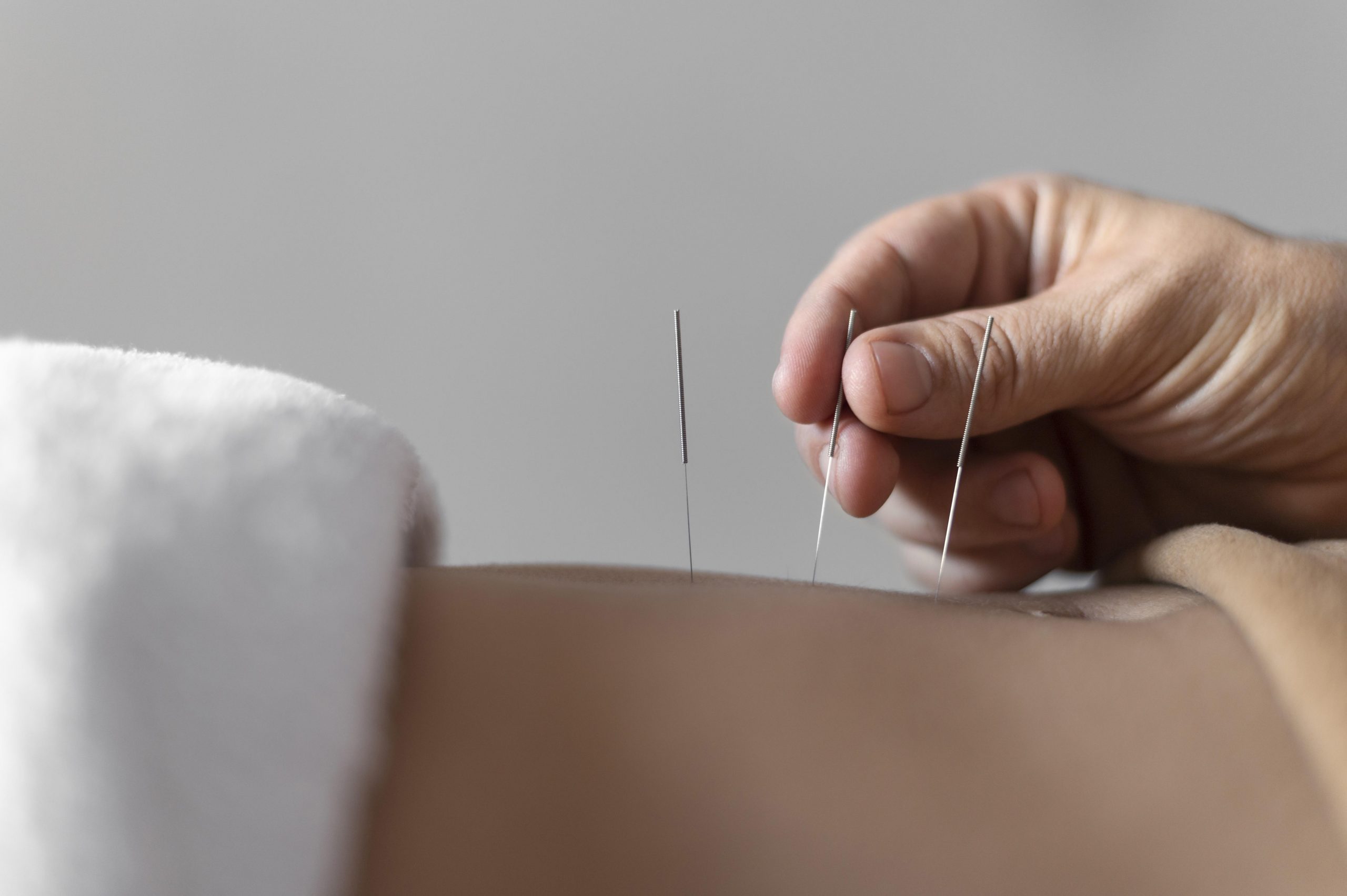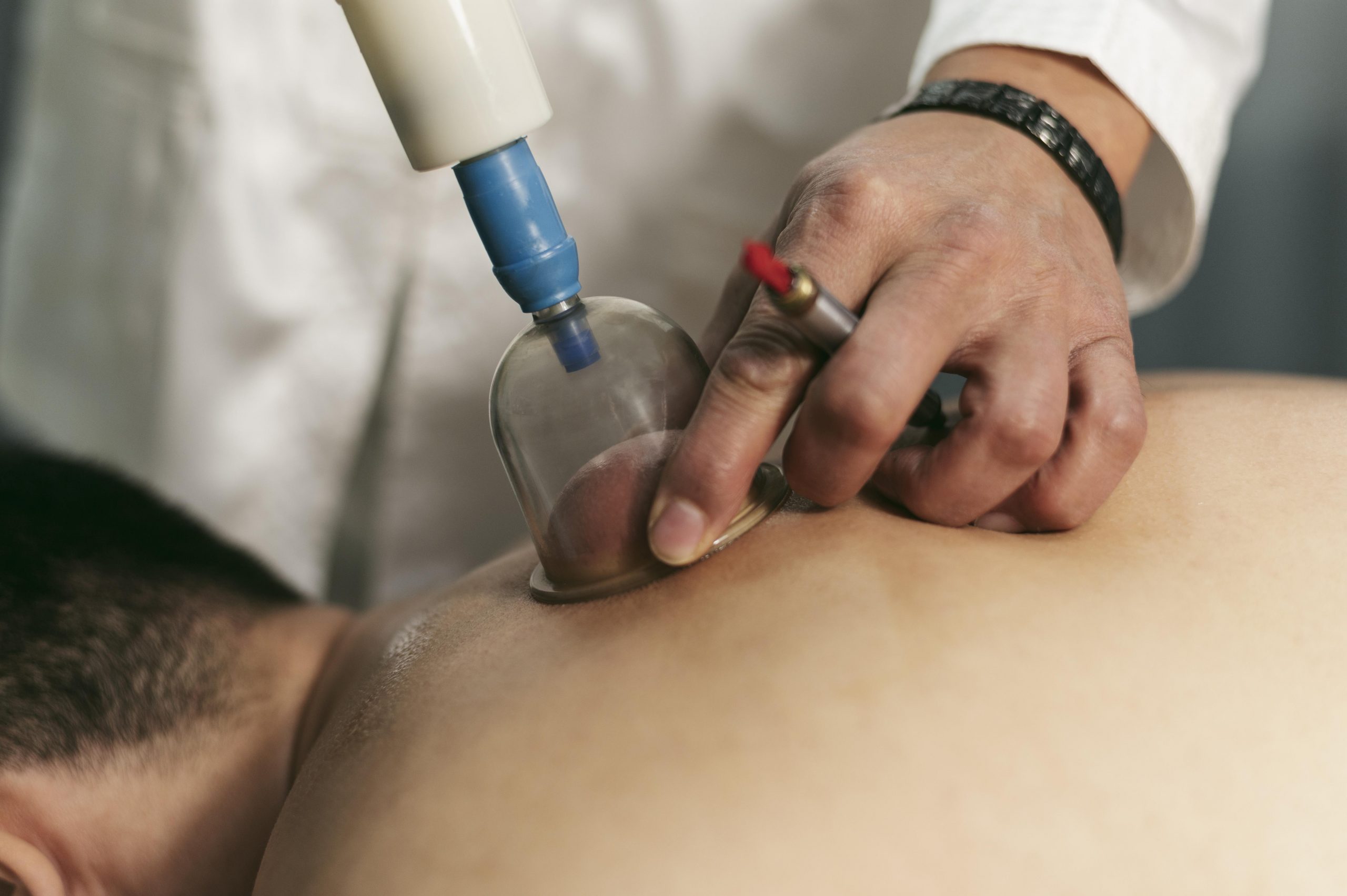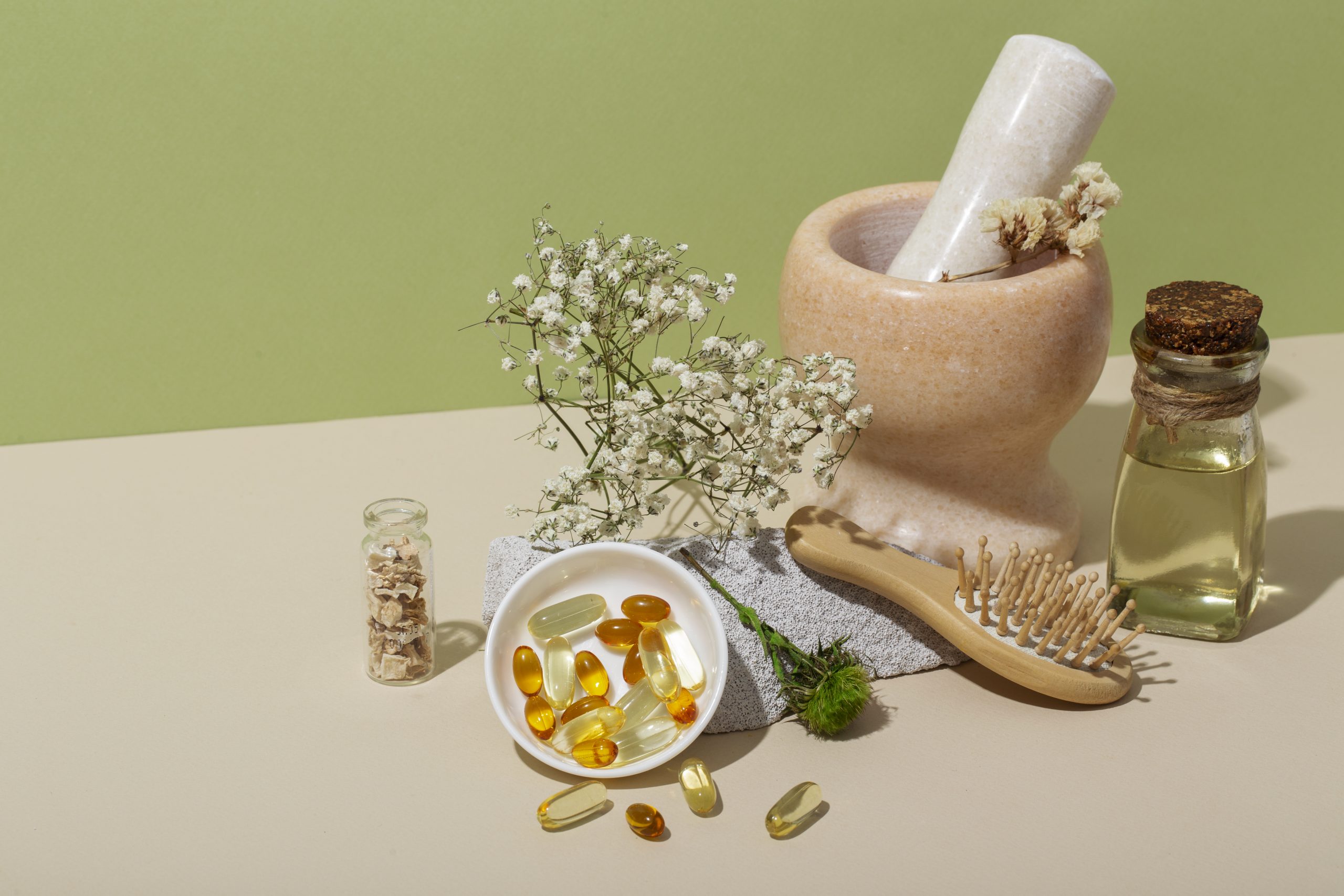What is
Herbal Medicine?
Products made from botanicals, or plants, that are used to treat diseases or to maintain health are called herbal products, botanical products, or phytomedicines. A product made from plants and used solely for internal use is called an herbal supplement.
The practice of using herbal supplements dates back thousands of years. Today, the use of herbal supplements is common among American consumers. However, they are not for everyone. Because they are not subject to close scrutiny by the FDA, or other governing agencies, the use of herbal supplements remains controversial. It is best to consult your doctor about any symptoms or conditions you have and to discuss the use of herbal supplements.
The FDA and herbal supplements
The FDA considers herbal supplements foods, not drugs. Therefore, they are not subject to the same testing, manufacturing, and labeling standards and regulations as drugs.
You can now see labels that explain how herbs can influence different actions in the body. However, herbal supplement labels can’t refer to treating specific medical conditions. This is because herbal supplements are not subject to clinical trials or to the same manufacturing standards as prescription or traditional over-the-counter drugs.
For example, St. John’s wort is a popular herbal supplement thought to be useful for treating depression in some cases. A product label on St. John’s wort might say, “enhances mood,” but it cannot claim to treat a specific condition, such as depression.
Herbal supplements, unlike medicines, are not required to be standardized to ensure batch-to-batch consistency. Some manufacturers may use the word standardized on a supplement label, but it does not necessarily mean the same thing from one manufacturer to the next.
Precautions when choosing herbal supplements
Herbal supplements can interact with conventional medicines or have strong effects. Do not self-diagnose. Talk to your doctor before taking herbal supplements.
- Educate yourself. Learn as much as you can about the herbs you are taking by consulting your doctor and contacting herbal supplement manufacturers for information.
- If you use herbal supplements, follow label instructions carefully and use the prescribed dosage only. Never exceed the recommended dosage, and seek out information about who should not take the supplement.
- Work with a professional. Seek out the services of a trained and licensed herbalist or naturopathic doctor who has extensive training in this area.
- Watch for side effects. If symptoms, such as nausea, dizziness, headache, or upset stomach, occur, reduce the dosage or stop taking the herbal supplement.
- Be alert for allergic reactions. A severe allergic reaction can cause trouble breathing. If such a problem occurs, call 911 or the emergency number in your area for help.


Some herbs have potent (powerful) ingredients and should be taken with the same level of caution as pharmaceutical medications. In fact, many pharmaceutical medications are based on man-made versions of naturally occurring compounds found in plants. For instance, the heart medicine digitalis was derived from the foxglove plant.
Hijama House Services
Get In Touch With Us
Call us anytime
+91 7304065262
+91 7304105262
+91 7304105262
Email us
care@hijamahouse.com
Book An Appointment
Want to contact us? Do book with us with this simple form below





